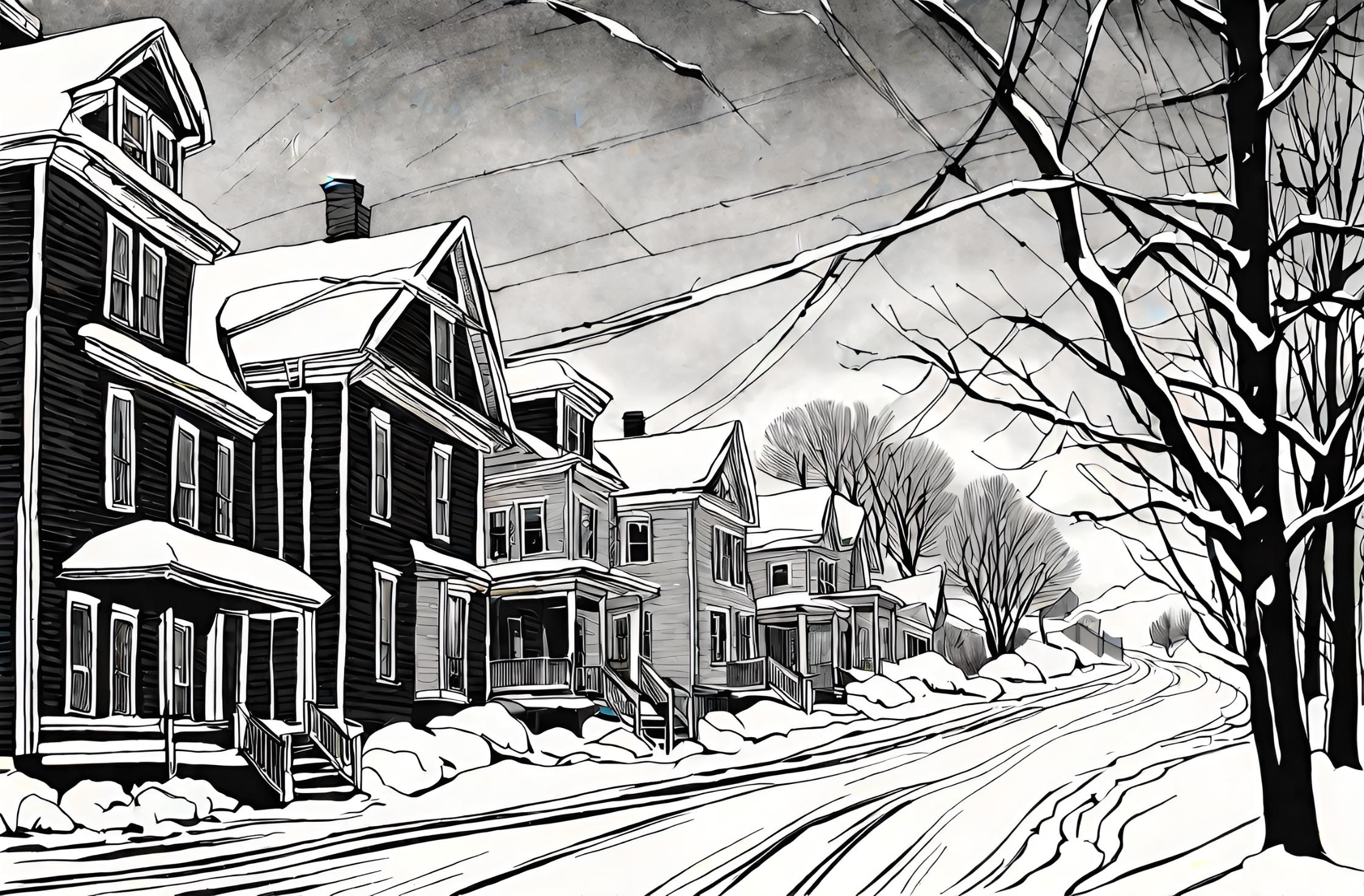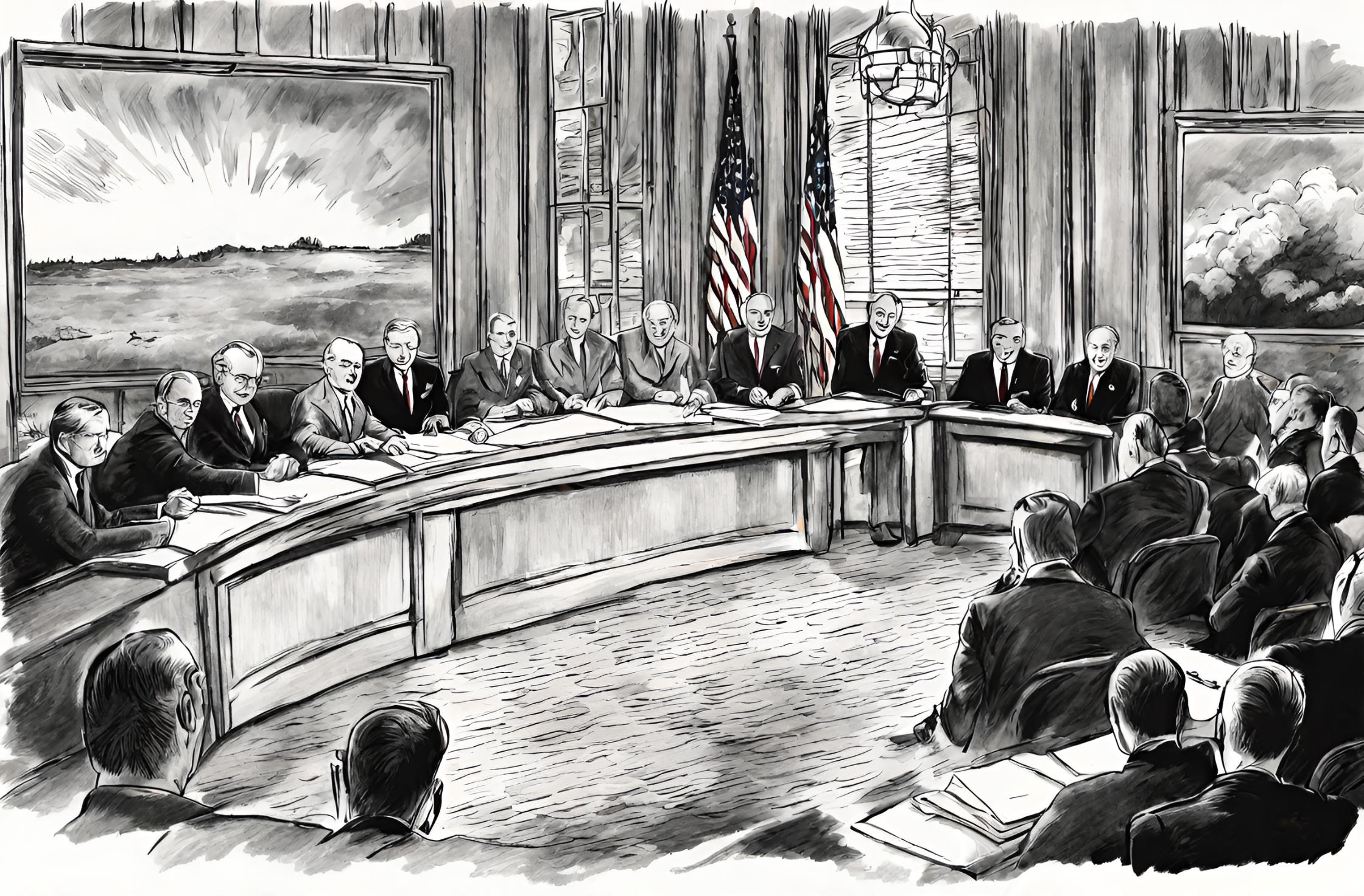Flashback to January 7
American History

On June 12, 1776, a significant event took place in the American colonies that would have profound implications for the future of the United States. On this day, the Colony of Virginia adopted the Declaration of Rights, making it the first state to recognize the inherent rights and freedoms of its citizens. This event laid the groundwork for the subsequent drafting of the United States Declaration of Independence and the Bill of Rights. In this article, we will explore the significance of the Virginia Declaration of Rights and its impact on American history.
The Virginia Declaration of Rights was primarily authored by George Mason, a prominent Virginia planter and statesman. It was adopted by the Virginia Convention, a body of delegates representing the various counties of the colony. The document drew inspiration from previous works such as the English Bill of Rights and the writings of Enlightenment philosophers like John Locke.
One of the key provisions of the Virginia Declaration of Rights was the affirmation that “all men are by nature equally free and independent.” This statement echoed the principles of individual liberty and equality that were later enshrined in the United States Constitution. The declaration also enumerated specific rights, including the freedom of the press, the right to a fair trial, and protection against cruel and unusual punishment.
By adopting the Virginia Declaration of Rights, the colony of Virginia set a crucial precedent for the other American colonies and eventually the entire nation. The declaration inspired other states to draft their own bills or declarations of rights, which were incorporated into their state constitutions. Many of these state declarations served as models for the inclusion of similar provisions in the United States Constitution and its subsequent amendments.
The influence of the Virginia Declaration of Rights can be seen in the drafting of the United States Declaration of Independence, which was signed just a few weeks after its adoption. Thomas Jefferson, a delegate from Virginia, drew heavily upon the principles and language of the Virginia declaration when writing the famous preamble of the Declaration of Independence, asserting that “all men are created equal” and possess “certain unalienable rights.”
Furthermore, the Virginia Declaration of Rights also had a significant impact on the framing of the Bill of Rights, the first ten amendments to the United States Constitution. Many of the rights protected in the Bill of Rights, such as the freedom of speech, religion, and the right to bear arms, can be traced back to the provisions of the Virginia declaration.
the adoption of the Virginia Declaration of Rights on June 12, 1776, was a crucial event that shaped the course of American history. By recognizing the inherent rights and freedoms of its citizens, Virginia set the stage for the subsequent drafting of the United States Declaration of Independence and the Bill of Rights. The principles and provisions outlined in the Virginia declaration continue to serve as a cornerstone of American democracy and the protection of individual liberties.
We strive for accuracy. If you see something that doesn't look right, click here to contact us!
Sponsored Content

One of the worst…
On January 7, 1996,…

US President Harry Truman…
On January 7, 1953,…

Lewis F Powell Jr…
On January 7, 1972,…

United Express commuter plane…
On January 7, 1994,…

The first American commercial…
On January 7, 1782,…

US Congress doubles Presidential…
On January 7, 1969,…

